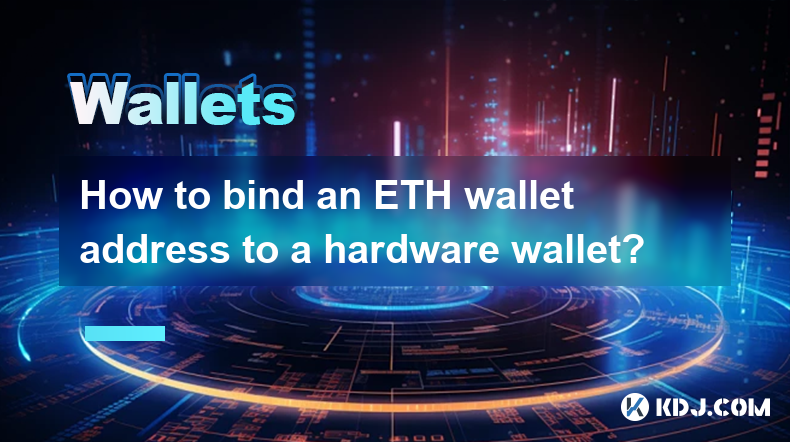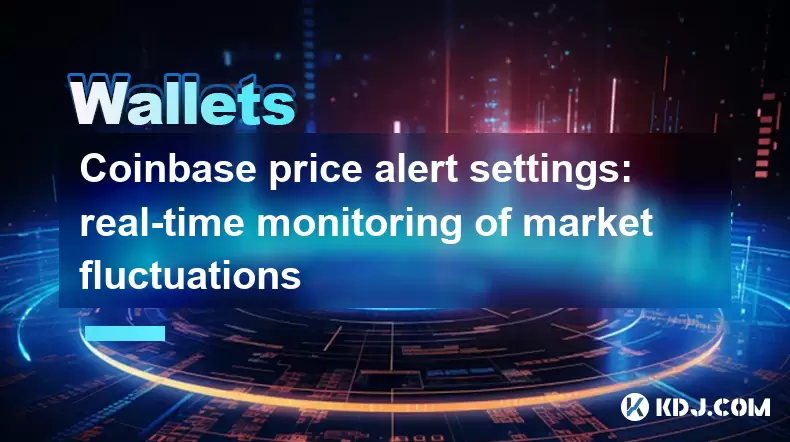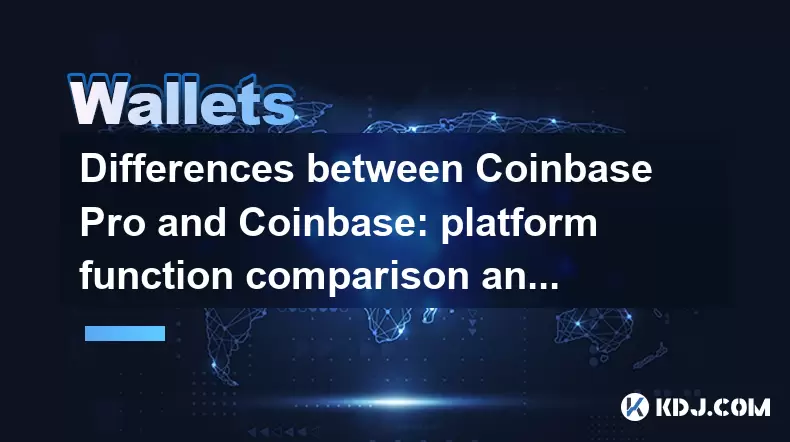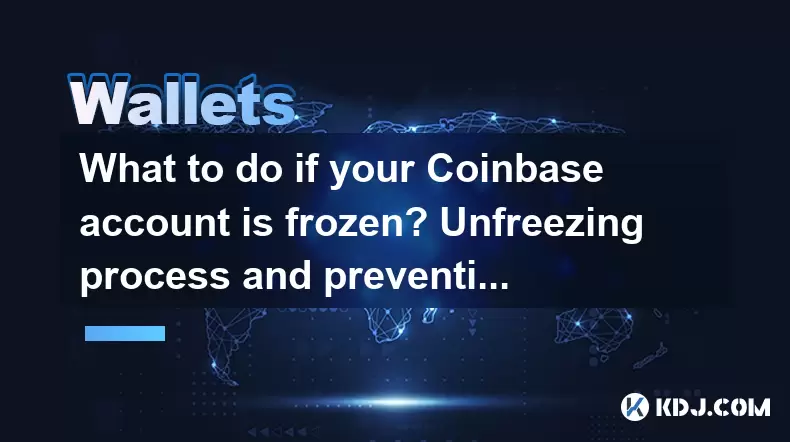-
 Bitcoin
Bitcoin $107,725.9156
0.27% -
 Ethereum
Ethereum $2,481.6786
1.84% -
 Tether USDt
Tether USDt $1.0003
0.01% -
 XRP
XRP $2.2154
1.26% -
 BNB
BNB $658.2447
1.42% -
 Solana
Solana $157.2028
4.24% -
 USDC
USDC $1.0000
0.02% -
 TRON
TRON $0.2788
0.91% -
 Dogecoin
Dogecoin $0.1655
1.00% -
 Cardano
Cardano $0.5714
2.67% -
 Hyperliquid
Hyperliquid $40.6187
6.30% -
 Bitcoin Cash
Bitcoin Cash $519.8117
5.84% -
 Sui
Sui $2.8338
0.59% -
 Chainlink
Chainlink $13.4150
0.60% -
 UNUS SED LEO
UNUS SED LEO $9.1205
-0.54% -
 Avalanche
Avalanche $18.0666
0.85% -
 Stellar
Stellar $0.2363
-0.46% -
 Toncoin
Toncoin $2.9550
2.57% -
 Shiba Inu
Shiba Inu $0.0...01151
-0.15% -
 Litecoin
Litecoin $86.2252
-0.57% -
 Hedera
Hedera $0.1498
1.51% -
 Monero
Monero $318.0620
3.18% -
 Polkadot
Polkadot $3.4174
-0.02% -
 Dai
Dai $1.0000
0.02% -
 Bitget Token
Bitget Token $4.5444
-1.05% -
 Ethena USDe
Ethena USDe $1.0003
0.00% -
 Uniswap
Uniswap $7.1773
-0.53% -
 Pepe
Pepe $0.0...09916
3.19% -
 Aave
Aave $274.7399
0.32% -
 Pi
Pi $0.5136
-2.06%
How to bind an ETH wallet address to a hardware wallet?
Using a hardware wallet doesn't involve "binding" ETH addresses; instead, it secures access to them via its private key management. Prioritize security by understanding the differences between software and hardware wallets before using one to manage your cryptocurrency.
Mar 14, 2025 at 12:50 am

Key Points:
- Understanding the difference between software and hardware wallets is crucial before binding.
- The process involves generating a new address (or using an existing one) on your hardware wallet.
- You don't directly "bind" addresses; you manage access to funds through the hardware wallet's private keys.
- Security best practices are paramount throughout the process.
How to Bind an ETH Wallet Address to a Hardware Wallet
The question of "binding" an ETH wallet address to a hardware wallet is slightly misleading. You don't directly bind addresses in the traditional sense. Instead, you use your hardware wallet to control access to ETH addresses and their associated private keys. This significantly enhances security compared to keeping private keys on a software wallet.
First, it's essential to understand the difference between software and hardware wallets. A software wallet stores your private keys on your computer or mobile device, making it vulnerable to malware and hacking. A hardware wallet, on the other hand, stores your private keys on a secure, tamper-resistant device. This is the primary reason for using a hardware wallet.
Before starting, ensure you have a hardware wallet (Ledger, Trezor, etc.) and its associated software installed on your computer. Different hardware wallets have slightly different interfaces, but the fundamental principles remain the same.
Now, let's look at the process:
- Obtain Your Hardware Wallet: If you haven't already, purchase and set up your chosen hardware wallet. Follow the manufacturer's instructions carefully. This usually involves creating a seed phrase – this is extremely important, keep it safe and secure, and NEVER share it with anyone.
- Generate or Select an ETH Address: Most hardware wallets allow you to generate new addresses. Alternatively, if you already have an ETH address you wish to manage with your hardware wallet, you can import it. The method for this varies depending on the hardware wallet brand and model. Consult your hardware wallet's documentation for specific instructions.
- Connect Your Hardware Wallet: Connect your hardware wallet to your computer via USB. The specific software for your wallet (Ledger Live, Trezor Suite, etc.) will need to be running.
- Initiate the Transaction: To send or receive ETH, you will use the software interface. This software will communicate with your hardware wallet, prompting you to confirm transactions on the hardware device itself. This adds an extra layer of security. You'll never directly enter your private keys into a computer or phone.
- Verify the Address: Always verify the receiving address on your hardware wallet's screen before confirming any transaction. This prevents accidental sending to the wrong address. Double-checking is crucial to prevent irreversible losses.
- Manage Your Addresses: Your hardware wallet will allow you to manage multiple addresses. You can easily create new ones as needed, ensuring that you're not reusing addresses for every transaction. This is a good security practice to protect your privacy and enhance security.
Security Considerations:
Never share your seed phrase or private keys with anyone. This is the most critical security aspect of using a hardware wallet. Losing your seed phrase means losing access to your cryptocurrency. Always keep your hardware wallet physically secure and never leave it unattended. Update your hardware wallet's firmware regularly to benefit from the latest security patches.
Common Questions:
Q: Can I bind multiple ETH addresses to one hardware wallet?
A: Yes, you can manage multiple ETH addresses using a single hardware wallet. Each address will be independently secured by the hardware wallet's private key management system.
Q: What happens if I lose my hardware wallet?
A: If you lose your hardware wallet, you will lose access to your cryptocurrency unless you have securely backed up your seed phrase. Remember, the seed phrase allows you to restore your wallet on a new device.
Q: Is my ETH safe if it's in a hardware wallet?
A: Hardware wallets are significantly more secure than software wallets. However, no system is perfectly impenetrable. Following best practices, such as regularly updating firmware and keeping your seed phrase safe, is crucial.
Q: Can I use my hardware wallet with different cryptocurrency exchanges?
A: Many exchanges support hardware wallets. However, compatibility varies depending on the exchange and the hardware wallet. Always check the exchange's support documentation before attempting to use your hardware wallet.
Q: What if I suspect my hardware wallet has been compromised?
A: Immediately disconnect your hardware wallet from your computer and any network connection. Contact your hardware wallet's support team for assistance. Change any passwords associated with your exchange accounts. Consider reviewing your transaction history to detect any suspicious activity.
Disclaimer:info@kdj.com
The information provided is not trading advice. kdj.com does not assume any responsibility for any investments made based on the information provided in this article. Cryptocurrencies are highly volatile and it is highly recommended that you invest with caution after thorough research!
If you believe that the content used on this website infringes your copyright, please contact us immediately (info@kdj.com) and we will delete it promptly.
- Coinbase, Altcoins, and Listings: What's the Buzz?
- 2025-07-01 00:30:11
- Chainlink's Bullish Signals: Investors Bet on Long-Term Value
- 2025-07-01 00:50:12
- CICADA Finance Soars on BNB Chain: A TGE Deep Dive
- 2025-07-01 01:30:11
- MicroStrategy's Bitcoin Bet: Holdings, Sell-Off Concerns, and S&P 500 Dreams
- 2025-07-01 01:30:11
- XRPL EVM Sidechain: Ethereum dApps Unleashed on XRP Ledger!
- 2025-07-01 01:35:11
- Bybit, Kraken, and Tokenized Stocks: A New Era for Trading?
- 2025-07-01 00:30:11
Related knowledge

Coinbase price alert settings: real-time monitoring of market fluctuations
Jun 29,2025 at 07:00am
Setting Up Coinbase Price AlertsTo begin real-time monitoring of market fluctuations on Coinbase, users can utilize the built-in price alert feature. This function allows you to receive notifications when a cryptocurrency reaches a specific price point. To access this setting, open the Coinbase app or log in via the web platform. Navigate to the 'Prices...

How to stake cryptocurrencies on Coinbase? Benefits and risks
Jun 27,2025 at 06:36pm
Understanding Cryptocurrency Staking on CoinbaseStaking cryptocurrencies involves locking up digital assets to support the operations of a blockchain network, typically in return for rewards. Coinbase, one of the most popular cryptocurrency exchanges globally, offers staking services for several proof-of-stake (PoS) coins. Users can stake their holdings...

Differences between Coinbase Pro and Coinbase: platform function comparison and analysis
Jun 29,2025 at 08:21am
Overview of Coinbase and Coinbase ProWhen exploring the cryptocurrency trading landscape, users often encounter two platforms under the same parent company: Coinbase and Coinbase Pro. While both are operated by the same organization, they cater to different types of users and offer varying features. Coinbase is primarily designed for beginners and casua...

What to do if your Coinbase account is frozen? Unfreezing process and preventive measures
Jun 30,2025 at 03:49am
Understanding Why Your Coinbase Account Might Be FrozenIf your Coinbase account is frozen, it typically indicates that the platform has detected suspicious activity or potential violations of its terms of service. This could be due to a variety of reasons such as unusual login attempts, high-risk transactions, or incomplete verification steps. Coinbase ...

How to contact Coinbase customer service? Support channels and response times
Jun 28,2025 at 01:29pm
Contacting Coinbase Customer Service: Support Channels and Response TimesIf you're a user of Coinbase, reaching their customer service team may become necessary for various reasons, such as account verification issues, transaction disputes, or technical difficulties. Understanding the different support channels available and what to expect in terms of r...

Coinbase advanced trading function usage tutorial: limit orders and market orders
Jun 28,2025 at 09:07pm
Understanding the Difference Between Limit Orders and Market OrdersWhen using Coinbase's advanced trading features, it is crucial to understand the fundamental difference between limit orders and market orders. A market order executes immediately at the best available price on the market. This type of order ensures that your trade goes through quickly, ...

Coinbase price alert settings: real-time monitoring of market fluctuations
Jun 29,2025 at 07:00am
Setting Up Coinbase Price AlertsTo begin real-time monitoring of market fluctuations on Coinbase, users can utilize the built-in price alert feature. This function allows you to receive notifications when a cryptocurrency reaches a specific price point. To access this setting, open the Coinbase app or log in via the web platform. Navigate to the 'Prices...

How to stake cryptocurrencies on Coinbase? Benefits and risks
Jun 27,2025 at 06:36pm
Understanding Cryptocurrency Staking on CoinbaseStaking cryptocurrencies involves locking up digital assets to support the operations of a blockchain network, typically in return for rewards. Coinbase, one of the most popular cryptocurrency exchanges globally, offers staking services for several proof-of-stake (PoS) coins. Users can stake their holdings...

Differences between Coinbase Pro and Coinbase: platform function comparison and analysis
Jun 29,2025 at 08:21am
Overview of Coinbase and Coinbase ProWhen exploring the cryptocurrency trading landscape, users often encounter two platforms under the same parent company: Coinbase and Coinbase Pro. While both are operated by the same organization, they cater to different types of users and offer varying features. Coinbase is primarily designed for beginners and casua...

What to do if your Coinbase account is frozen? Unfreezing process and preventive measures
Jun 30,2025 at 03:49am
Understanding Why Your Coinbase Account Might Be FrozenIf your Coinbase account is frozen, it typically indicates that the platform has detected suspicious activity or potential violations of its terms of service. This could be due to a variety of reasons such as unusual login attempts, high-risk transactions, or incomplete verification steps. Coinbase ...

How to contact Coinbase customer service? Support channels and response times
Jun 28,2025 at 01:29pm
Contacting Coinbase Customer Service: Support Channels and Response TimesIf you're a user of Coinbase, reaching their customer service team may become necessary for various reasons, such as account verification issues, transaction disputes, or technical difficulties. Understanding the different support channels available and what to expect in terms of r...

Coinbase advanced trading function usage tutorial: limit orders and market orders
Jun 28,2025 at 09:07pm
Understanding the Difference Between Limit Orders and Market OrdersWhen using Coinbase's advanced trading features, it is crucial to understand the fundamental difference between limit orders and market orders. A market order executes immediately at the best available price on the market. This type of order ensures that your trade goes through quickly, ...
See all articles

























































































